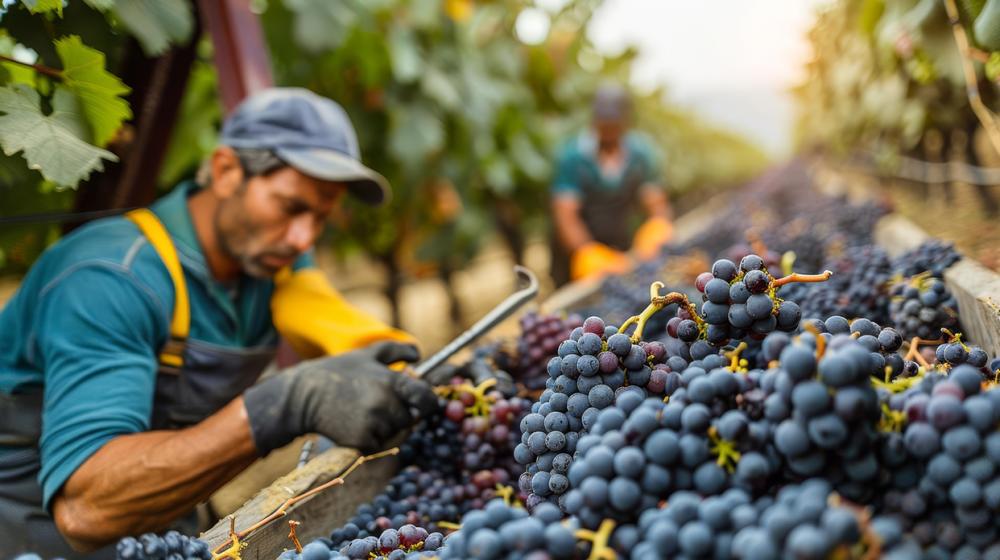
© Le Coq Sportif
Sustainability takes center stage in the global wine industry
July 24th 2024
As sustainability becomes a key factor in the wine trade, international buyers are increasingly demanding eco-friendly practices from producers. The push for new protocols and standards is critical for the future of the wine industry, shaping how wines are produced, packaged, and transported.
Key Insights from Industry Leaders
A recent roundtable discussion featured insights from notable figures including Gad Pettersson of Systembolaget, Beverly Tabbron of Hallgarten & Novum, Simon Mason from the Wine Society, Justin Howard-Sneyd from the Foundation for Regenerative Viticulture, and Eudes Morgan of Nicolas. They underscored the importance of transparency and information sharing among suppliers and market players. Organizations like the Sustainable Wine Roundtable (SWR) are pivotal in standardizing sustainability data across different markets and countries, promoting a unified approach to sustainable practices.
Systembolaget’s Ambitious Goals
Systembolaget, a major Swedish alcohol retailer with 450 stores and 1,000 suppliers, has set ambitious sustainability goals. The company aims to cut greenhouse gas emissions by 50% between 2019 and 2030, and to achieve carbon neutrality by 2045. A significant focus is on packaging, which accounts for 25% of a wine bottle’s carbon footprint. Efforts also include optimizing transportation and production methods to reduce overall environmental impact.
The Wine Society’s Sustainable Mission
With 250,000 members, the Wine Society integrates sustainability into its core mission. While maintaining high quality standards, the Society has introduced sustainability indicators into supplier evaluations. Priorities include using lighter packaging, ensuring ethical supply chains by 2030, and sharing sustainability data with consumers to promote informed, eco-friendly choices.
Hallgarten & Novum’s Supplier Ranking System
Hallgarten & Novum, another influential player in the wine market, employs a comprehensive questionnaire to assess and rank suppliers on sustainability metrics. These rankings are made available online and featured in their annual tasting catalog, fostering a culture of improvement and transparency. A particular area of focus is reducing bottle weight, which has a significant impact on the carbon footprint of wine production.
Nicolas’ Commitment to Eco-Friendly Practices
Nicolas, a leading French wine retailer, champions sustainability through a "quality-progress-trust" approach. The retailer promotes producers committed to sustainable practices on its website and supports research funding through the sale of recyclable paper bags. This initiative highlights the growing consumer and industry demand for eco-friendly wine products.
The increasing emphasis on sustainability in the wine industry reflects a broader shift towards more responsible production and consumption. As buyers and consumers become more conscious of environmental impacts, the adoption of sustainable practices is not only a moral imperative but also a competitive advantage in the market.
